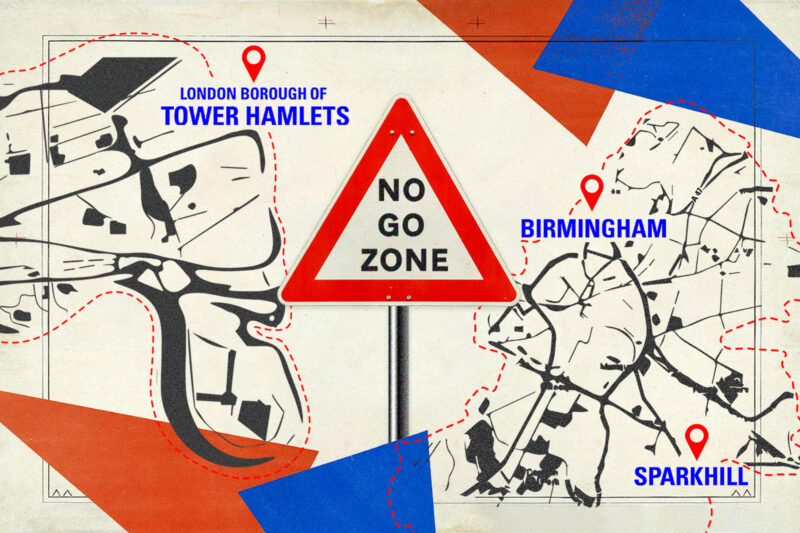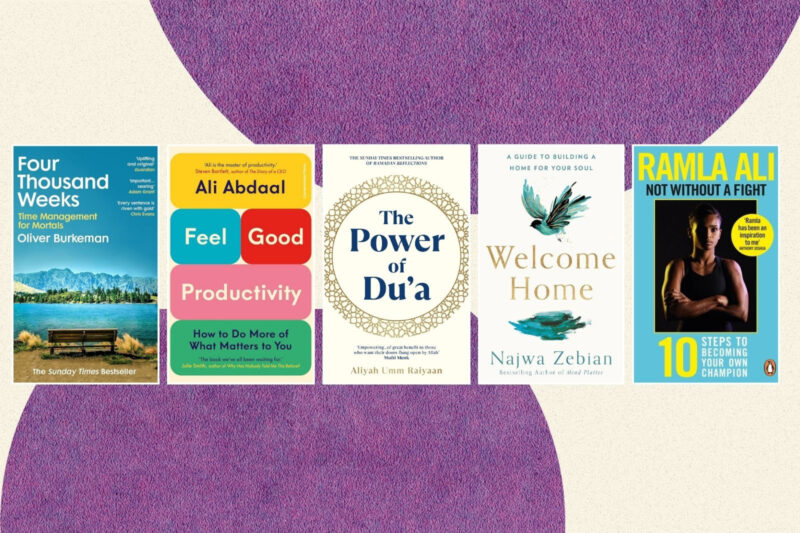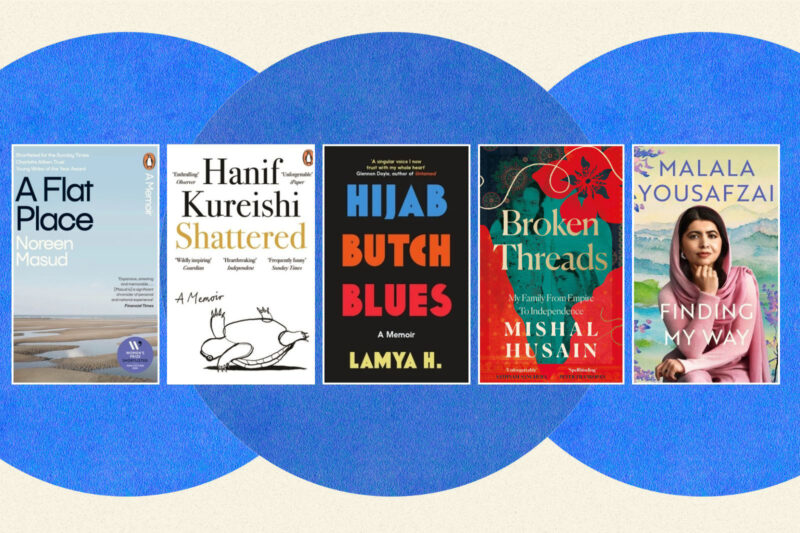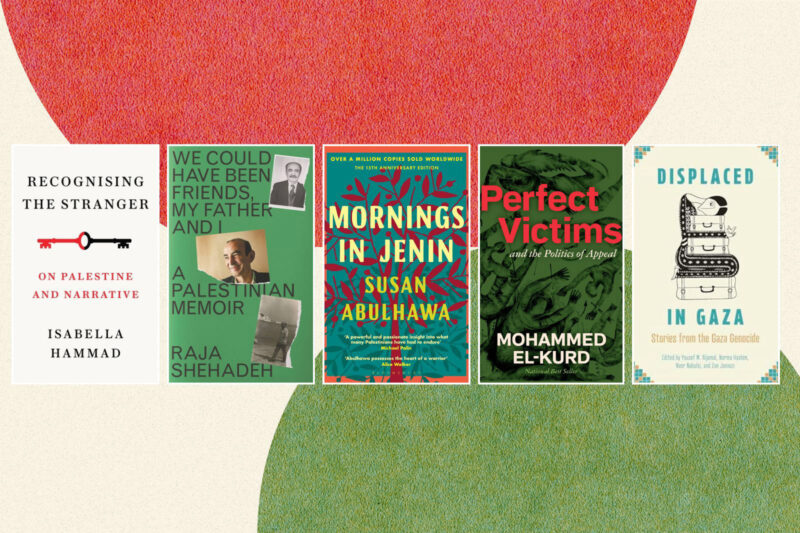My debut novel may not change the world, but it may help to change minds
Author Tawseef Khan offers his thoughts on writing, and his hopes for the overhaul of a cold and indifferent UK asylum system

I got the idea for my debut novel back in 2009, while riding the Central Line tube. I was 22 and had moved from Manchester to Bethnal Green in east London. Several times a week, I travelled west to Holborn where I was studying to become a lawyer. During that commute, I often tried and failed to read something unrelated to law, my mind usually filled with thoughts of the lectures I was about to attend.
One book that did hold my attention was In Other Rooms, Other Wonders, by the Pakistani-American writer Daniyal Mueenuddin, a collection of stories centred on a rich landowner in the Sindh province of Pakistan. It was the first piece of fiction I had read in years and the way it delved into the lives of the ordinary people who lived on the estate — peasants, cooks, electricians and mistresses — felt radical.
Each character was paid close attention, given agency and respect. As the stations blurred past, I began to think: “What if I did the same, setting the story not in Pakistan but in Britain, exploring not feudalism and class, but the world of immigration law?”
I had wanted to be a writer ever since I was a child, but out of respect for my parents’ wishes and a desire for job security, I chose law. What I assumed would be a straightforward path towards qualification was anything but. When I graduated from university during the 2008 financial crisis, competition for positions was tough. I went back to university to do a master’s and worked at various law firms for experience, hoping for a training contract that never materialised. Finally qualifying as a solicitor in 2016 came as a huge relief.
That was also the year I finished a PhD, writing a doctoral thesis examining the British asylum system. During my research, I found that asylum seekers with a history of torture and mental health problems were being arrested and kept in detention centres, even though experts said that this was bad for them. When interviewed by the Home Office, vulnerable people were repeatedly asked to detail traumatic life events, in a process designed to catch them out. Those officials were often poorly qualified, trained for a couple of weeks, then charged with deciding highly complex claims. Some LGBTQ+ claimants were told that they would be safe in their countries of origin as long as they concealed their sexuality. The whole system was riddled with unfairness and in need of a complete overhaul.
I interviewed refugees, lawyers and NGO workers, many of whom expressed hope that my work could help to bring much-needed change, but I knew that would take much more than a PhD thesis.
While I learned a great deal from the people I spoke to, I also wanted to write more creatively, free from scholarly restrictions. Academia had begun to feel stifling and hostile to new ideas, but fiction represented liberation. It also gave me the freedom to do something for myself. Becoming a solicitor had never truly felt like a choice. My father was an immigration lawyer and had always talked about me taking over the family firm when he retired. Following his path seemed sensible, predestined. Writing was different: a private joy, separate from anyone else’s hopes or expectations.
A couple of months after receiving my doctorate, I returned to the idea I’d had on that underground train. It would eventually turn into Determination, the story of Jamila Shah, a 29-year-old solicitor from Manchester, who has recently inherited her family’s law firm. By that point, I had read a lot of novels about immigrants — from Brick Lane by Monica Ali to Brooklyn by Colm Tóibín — but none covered the legal dimension of migration. I knew that world well. My father started his legal practice when I was a young child. I watched him every day at his desk in our Manchester living room. Some years later, he established an office in the south of the city where I spent hours, when not at school, running the reception desk, drafting letters to the Home Office and filling out application forms. I still work there today.
I began to sketch out the characters that had come to life in my imagination. None were based on real people, but I sought to illustrate real challenges. Through figures such as Nazish, a Pakistani lesbian kept in limbo while her asylum claim is being decided, and Khalil from Afghanistan, who is denied British citizenship after receiving a police caution for an altercation on a night out, I wanted to highlight the difficulties of creating a decent life while at the mercy of a cold and indifferent system. Meanwhile, Jamila opens a window to the world of a young immigration solicitor, caught between the Home Office and her clients, the responsibilities of her work and the kind of life she desires for herself.
Determination started off as a simple idea, but quickly became more complex. Often, I stopped to ask myself what kind of book I wanted to write, what messages I wanted to convey and how my work could avoid cliche. Was the story too bleak? Had I created believable, rounded characters — flawed, unique and alive — rather than simplistic avatars of the issues I wanted to discuss?
Eventually, I realised that I wasn’t writing a book about immigrants trying to integrate into British life, a book that provided an insight into South Asian culture or even one that laid bare the trauma of the immigration process. Instead, I was telling a story that explores power, agency and the effects of government decisions on people’s lives. One that addresses a fundamental contempt for the most vulnerable — and those who seek to protect them — that exists in some sections of British society.
Throughout the story, Jamila is overworked and exhausted, a vessel for everybody’s expectations: the Home Office, her clients, her friends and family. Forced to face up to her own unhappiness, she embarks upon a journey to discover whether she can reclaim her life while still doing her best for the people who depend on her. Through her, I have tried to explore how draconian laws, capitalism and burn-out culture affect us all and to expose the contradictory values that underpin our society.
Most of all, though, Determination is for all the people seeking safety in the UK who have shared their hopes and fears with me. Like PhD theses, I don’t know if novels can change the world, but they can move, educate and inspire their readers. That, to me, is a start.
Determination is published by Footnote Press and is available now.
 Newsletter
Newsletter













